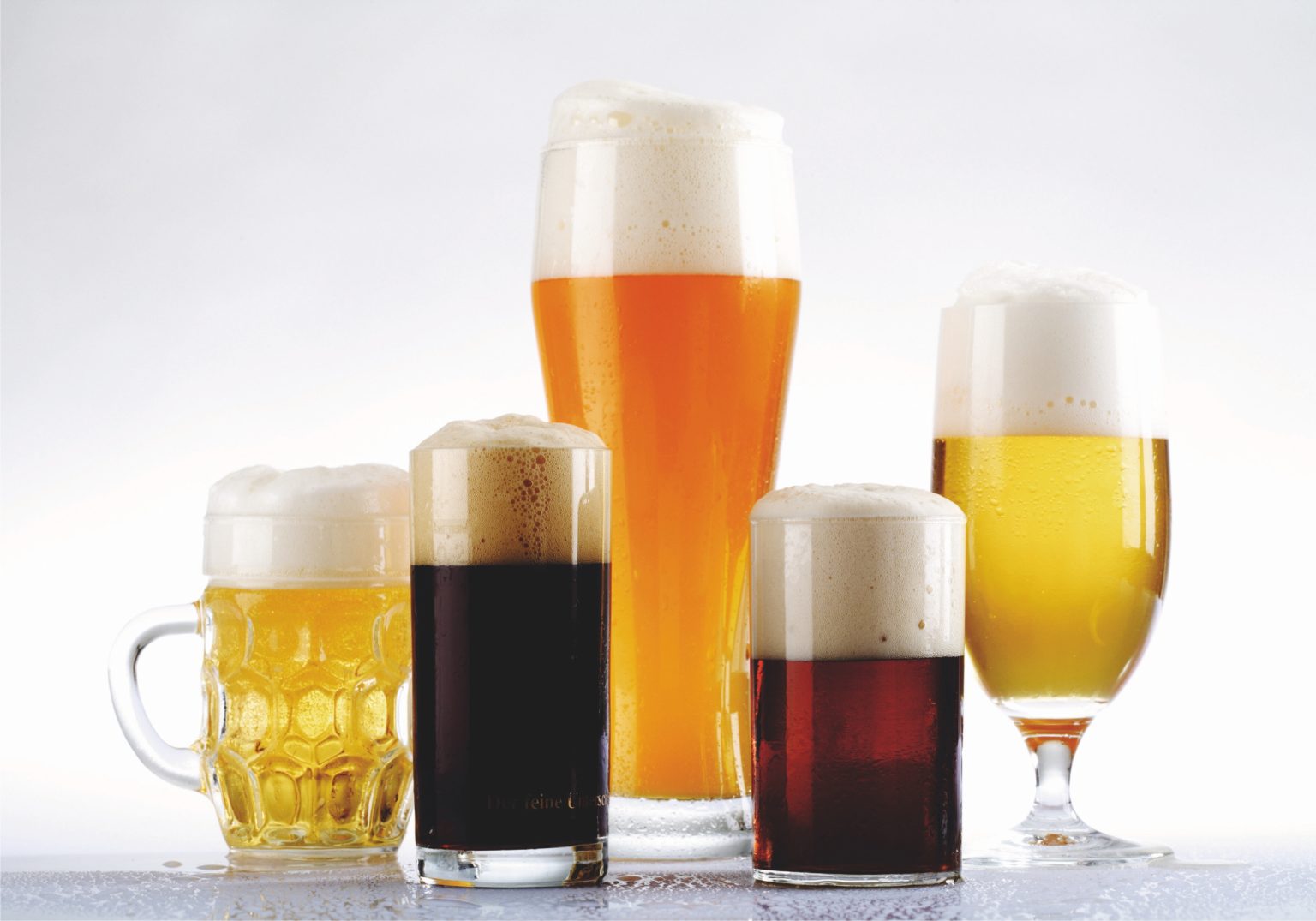In the brewing industry, technical gases are essential at every stage of production — from fermentation to bottling. They help maintain consistent beer quality, preserve flavor, and ensure safe and efficient processes.
1. Carbon Dioxide (CO₂)
The most important gas in beer production:
- Carbonation:
CO₂ is added to give beer its characteristic fizziness and foam.
- Oxidation prevention:
Used to purge oxygen from tanks, pipelines, and bottles before filling, protecting beer from spoilage and flavor loss.
- Pressure and transfer:
CO₂ is used to move beer through production lines safely and hygienically.
2. Nitrogen (N₂)
Used in certain beer styles (e.g., stouts) and in production processes:
- Nitrogenation:
Adds a smooth, creamy texture and dense foam, especially in dark beers.
- Oxygen displacement:
Like CO₂, nitrogen is used to create an inert environment in tanks, pipelines, and packaging.
- CO₂/N₂ blends:
Commonly used for draught beer systems, improving foam stability and pour quality.
3. Oxygen (O₂)
Used in limited stages, primarily:
- Wort aeration before fermentation:
Oxygen is introduced to activate yeast. After this stage, oxygen must be removed to avoid oxidation and spoilage.
